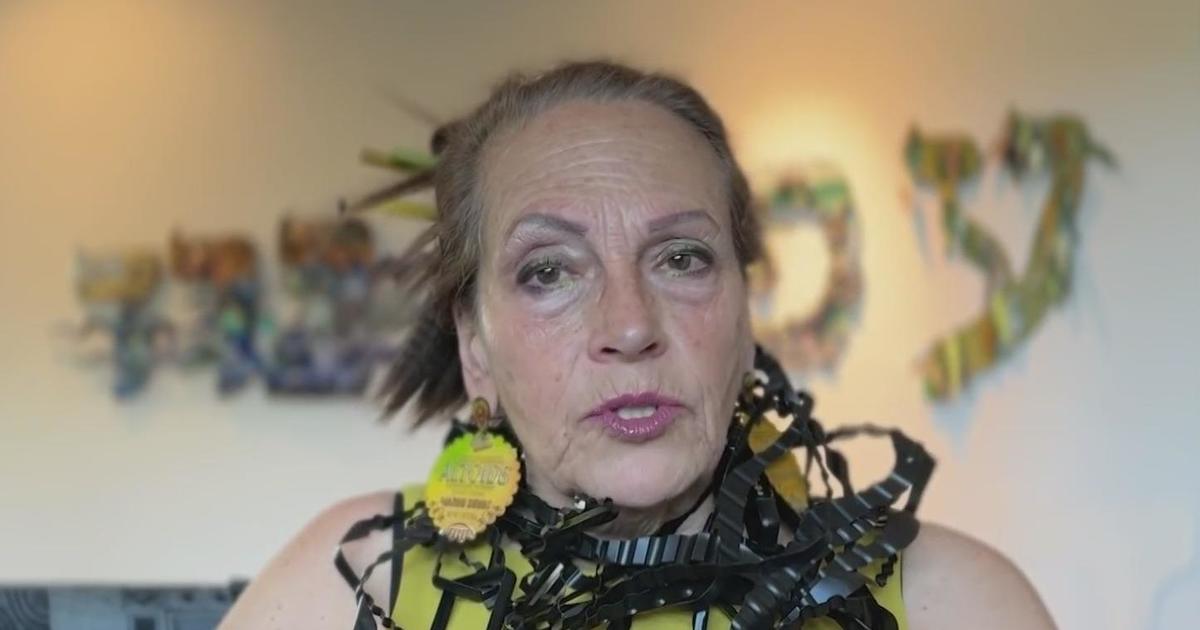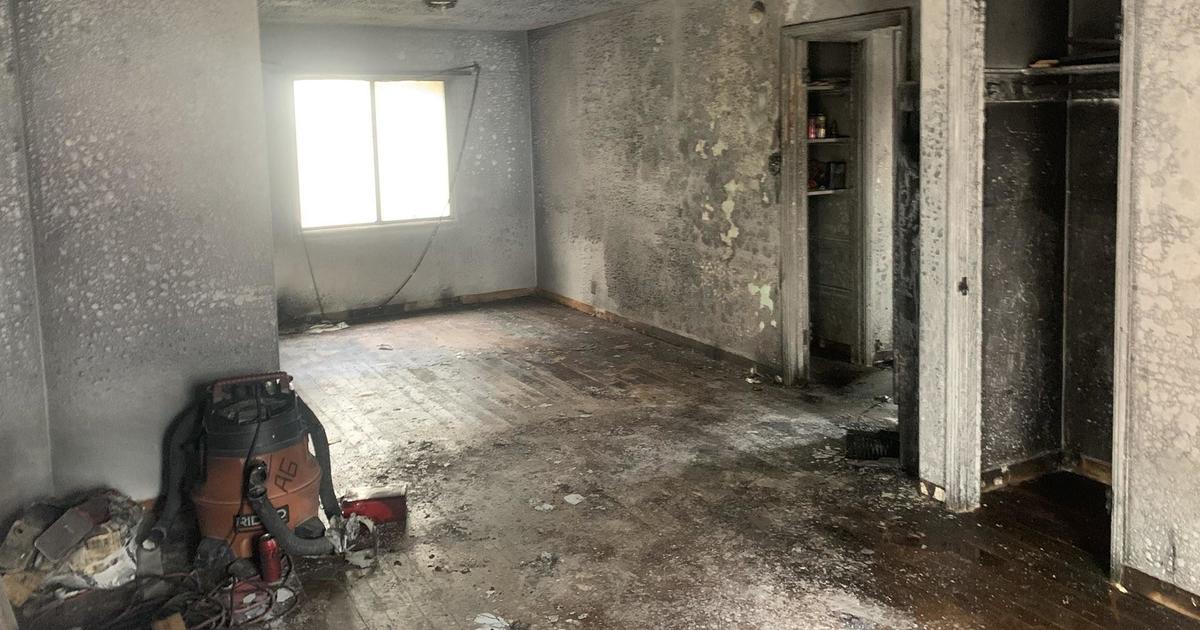Brown's Pledge To Voters Complicates Budget Plan
SACRAMENTO (CBS / AP) -- Gov. Jerry Brown's campaign promise that he would not raise taxes without a vote of the people helped him beat a billionaire Republican rival who was bent on portraying him as just another tax-and-spend Democrat.
While it proved a powerful campaign message, the pledge is coming back to complicate Brown's attempt to balance the state's budget and close a multibillion dollar deficit. The Democratic governor wants to extend a series of tax increases approved by the Legislature two years ago for another five years.
Brown says California needs the revenue to close the remaining $9.6 billion deficit, on top of more than $11.2 billion in cuts and spending shifts that he and mostly Democratic lawmakers already have made. The state also needs to start paying of nearly $35 billion in loans, accounting gimmicks and delayed payments, he says.
Having missed his deadline to have the Legislature call a special election this June, Brown is taking another run at trying to get voters to weigh in. But now his promise for a tax election is more complicated.
The revised budget plan Brown presented this week shows the state with $6.6 billion in unexpected revenue through June 2012. But by the start of the new fiscal year, July 1, all the temporary increases to the sales, personal income and vehicle taxes will have expired.
So he is asking lawmakers to approve an extension of the sales and vehicles taxes temporarily while agreeing to put the question before voters this fall, possibly as early as September. He wants a one-year delay in renewing the increase in the personal income tax rate.
"What else can we do? I had a plan for June, then we get the election and then we get the tax vote. Today we have to have the vote by the Legislature and then a vote by the people," Brown said earlier this week after releasing his revised budget proposal.
Brown needs two Republican votes in each house of the Legislature to increase taxes or place a measure on the ballot, and so far he has been unable to get that. He also has refused to back off his pledge, even as Democratic lawmakers and their supporters call on him to do so.
Republicans believe having the Legislature extend the taxes, even temporarily, before Californians weigh in on them would be a violation of Brown's campaign promise.
"The promise was that he'd put it on the ballot for voter consideration. Now it appears that nobody wants to go in that direction; everyone's backpedaling," said Senate Minority Leader Bob Dutton, R-Rancho Cucamonga. "If you can't believe him that he's going to put it on the ballot, then how can you believe anything else that he's saying?"
"Before those taxes were put into play, into effect, he should get voter approval like he said he would," Dutton said in an interview this week.
Some Democrats and the public employee unions that fund their campaigns are urging Brown to abandon the idea of going to the voters.
The California Teachers Association has been lobbying for weeks to have the Legislature approve the taxes outright, although it's not clear whether any Republicans would provide the two votes necessary in the Assembly or Senate.
Senate President Pro Tem Darrell Steinberg, D-Sacramento, said school districts will face too much uncertainty if they have to wait until September or November to know how much funding they will have for the 2011-12 school year, which already will be under way. He favors extending the taxes temporarily until a public vote in June or November 2012.
"We need to provide funding stability to schools and to other public services, and a fall election in 2011 makes it I think more difficult, I think very difficult, for schools to plan how many teachers to hire, what programs they can provide, what class sizes should be," Steinberg said. "Those decisions have to be made in July and August, before the school year begins."
Brown, who left the governor's office after two terms in 1983, has said he returned this January to find much more entrenched partisanship and strident political discourse. He said there is much less of the across-the-aisle collegiality he remembered from his first turn in the governor's office.
Term limits have led to a constantly changing roster of lawmakers, and many are often looking ahead to their next election, mindful of the effect any vote could have on their future political aspirations.
So does Brown feel as if he boxed himself in politically by promising to let voters decide on taxes?
"Not at all," he told reporters Thursday after speaking at the annual capital prayer breakfast.
The alternatives to a public vote are limited: With no Republican lawmakers publicly supporting a renewal of the tax increases, the chance of passing them with a two-thirds vote of the Legislature appears slim. Democrats, meanwhile, do not seem inclined to use their majority status to pass an all-cuts budget, one that would have solved the state's original $26.6 billion deficit almost entirely by cutting state services.
Handing the issue over to the electorate may be the only way to break the deadlock in the capital.
Brown wants to maintain a 0.5 percentage point increase in the vehicle license fee and a 1 percentage point increase in the state sales tax for another five years. He also wants to renew a 0.25 percentage point increase in the state income tax rate for four years starting in 2012.
At the same time, he wants to end a corporate tax break by requiring all corporations to pay taxes solely on their share of sales in California.
Brown said he continues to meet with a handful of GOP lawmakers and has said he is willing to compromise on Republican demands for a state spending cap and public pension reforms.
Brown's adherence to the public vote is causing other complications.
State Treasurer Bill Lockyer warned this week that if lawmakers pass a spending plan that relies on a future vote on taxes, California's annual short-term borrowing, which will be $10 billion this year, could be in jeopardy. That's the cash the state relies on to pay bills during the first part of its budget year, when tax collections are slower.
In a memo released this week, Lockyer said any budget that relies on a later vote of the people also must contain language specifying "real, inescapable, quickly implemented spending cuts that would be triggered if voters reject the taxes."
Legislative Analyst Mac Taylor expressed similar concerns, saying schools, counties and other agencies will be operating under budgets that might be falsely inflated. Their budgeting could be thrown into chaos if voters later reject the tax extensions.
"It has so much implication for the schools. ... It has implications for counties. What happens on the realignment if it's voted down?" Taylor said this week, referring to a law that will transfer some parole and law enforcement functions from the state to the counties. "So there is an awful lot of uncertainty."
(Copyright 2011 by CBS San Francisco. All Rights Reserved. This material may not be published, broadcast, rewritten, or redistributed. Wire services may have contributed to this report.)



